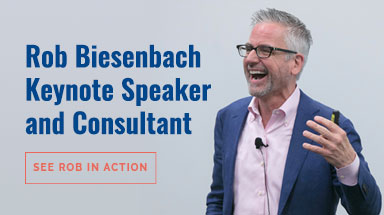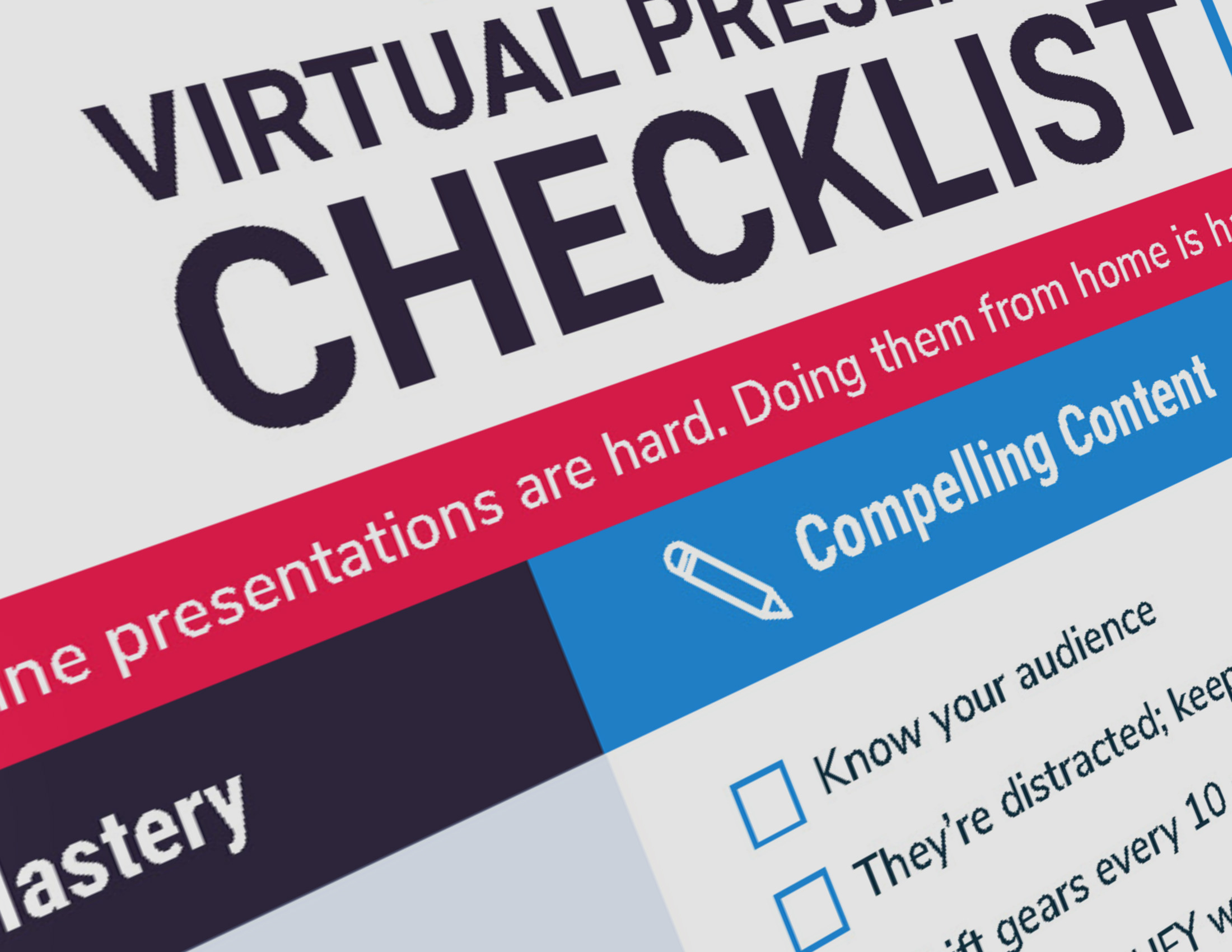An elevator pitch can be a handy tool for networking, but it will only take you so far. If you really want to make a connection and influence people to act on your behalf (hire you, buy from you, help you in any way), you need to learn how to craft and tell the story of your career.
The right story could spell the difference between a run-of-the-mill interaction and one that gets real results.
What’s Wrong with the Elevator Pitch?
The biggest problem with elevator pitches is that they’re hard to deliver without sounding overly “salesy.” It’s a fine line between promoting yourself and coming across as full of yourself.
A story is going to feel much more natural and organic, both to the listener and to the teller.
Aside from that, it’s hard to deliver an elevator pitch in the way you planned it.
It’s Easy to Get Sidetracked
Here’s what usually happens when you attend a networking event. Someone asks you what you do and you launch into your elevator pitch:
“I’m in pharmaceutical sales for Pfizer and I help people—”
“You’re at Pfizer? My brother-in-law works for Pfizer!”
“Really, which division?”
“I think he’s in product development.”
“Oh, they’re in the building next door!”
And so on. Your poor elevator pitch is left in tatters, 80% unuttered.
In fact, it’s pretty rare to get your whole pitch out intact because, as in this example, something you say usually sparks a response and a normal conversation ensues. Which is great — an easy conversation is what you want.
That’s why I look at the elevator pitch as more like talking points — three-to-five things you want to be known for and that you can sprinkle into conversation as it proceeds.
Try A Story Instead
A story, on the other hand, offers a better opportunity to explain who you are and what you’re all about. Stories are more interesting, they’re more fun to listen to, and they feel less like a sales pitch.
Plus, of course, stories just happen to be one of the most powerful forms of communication there is.
And they’re especially useful for times when you really “have the floor.”
What Not to Do
A few years ago I attended a meeting where everyone around the table had the opportunity to introduce themselves. All they did was basically recite their resumes — offering up a long series of job titles, responsibilities, dates and locations.
It would have been so much more effective to actually tell stories. Such as:
I started out just answering phones. When things needed doing, I did them. I got interested in accounting, got a degree at the local community college and now I’m finance manager.
If you’re like most people, you probably don’t think you have a nice, neat story. Not one worth telling anyway.
Nonsense. We all have stories to tell. Here are some thoughts on how to put yours together.
Look for Patterns and Themes
Marketing expert Dorie Clark suggests you start by writing down your “war stories” — the major successes and challenges of your career, which I agree is the perfect starting point.
Think of your top career highlights — promotions, awards, etc. — and write them down. Don’t worry about your prose — this isn’t for publication.
Now look at those stories and ask yourself some questions:
- What challenges did you face in achieving these successes?
- What skills did you bring to bear to overcome those challenges?
- What did you most enjoy about that work?
- How did it make you feel?
- Do any themes or patterns emerge?
Strategy By Hindsight
Clark talks about the “implicit narrative” of your life. I’ve always called it “strategy by hindsight.” When you’re living it, the steps in your career can feel random and like they’re getting you nowhere. But when you look back you can better see how one thing logically led to another.
There’s something in our unconscious mind driving us. Something that knows better.
For instance, I think I always had an itch to perform, long before I made it a goal. That unconscious urge was expressed in different ways:
- I was the baby of the family and the natural center of attention.
- I fancied myself the class clown and life of the party.
- At the office I was often drafted to create Top-10 lists, sketches and song parodies for major occasions.
- When I later developed a knack for speechwriting, I was likely drawn to the rhetorical flourishes, the emotional highs and lows, the words designed to provoke an audience reaction and, of course, the final performance on stage.
If you had told me 20 years ago that I would become an actor, I would have thought you were insane. But looking back, it was there the whole time.
My Story
Here’s the story I’ve crafted for myself:
For most of my life I pursued a conventional career in business, doing corporate communications and PR. About a decade ago I started acting. For a while I thought these were two separate worlds, but I eventually learned that they were one and the same. Both require you to connect with audiences, express yourself in compelling terms, and tell stories. So I brought these two worlds together in a book and now in workshops and speeches. And now I’m passing on all this business knowledge I’ve accumulated while doing the thing I love—performing on stage. All for the sake of helping people communicate more effectively.
Now that’s very me-oriented, as the story of me should be. But I could easily flip this around to make it more audience-focused:
A lot of people aren’t comfortable with their communication and presentation skills. I’ve found a way to make these principles more relatable and fun by using lessons from the world of movies and TV. People come away both entertained and better prepared to deal with the challenges they face in the workplace.
Need Help?
People often seek me out to help them craft their career narrative — one they can use on their LinkedIn profile and other social media, as well as in job interviews and at networking events.
If you need help developing your story, just click on the Contact link at the top of this page, or check out my book, Unleash the Power of Storytelling. You can sign up at the link to download a free chapter that’s devoted to helping you craft your career story.
Photo Credit: bogenfreund via Compfight cc





